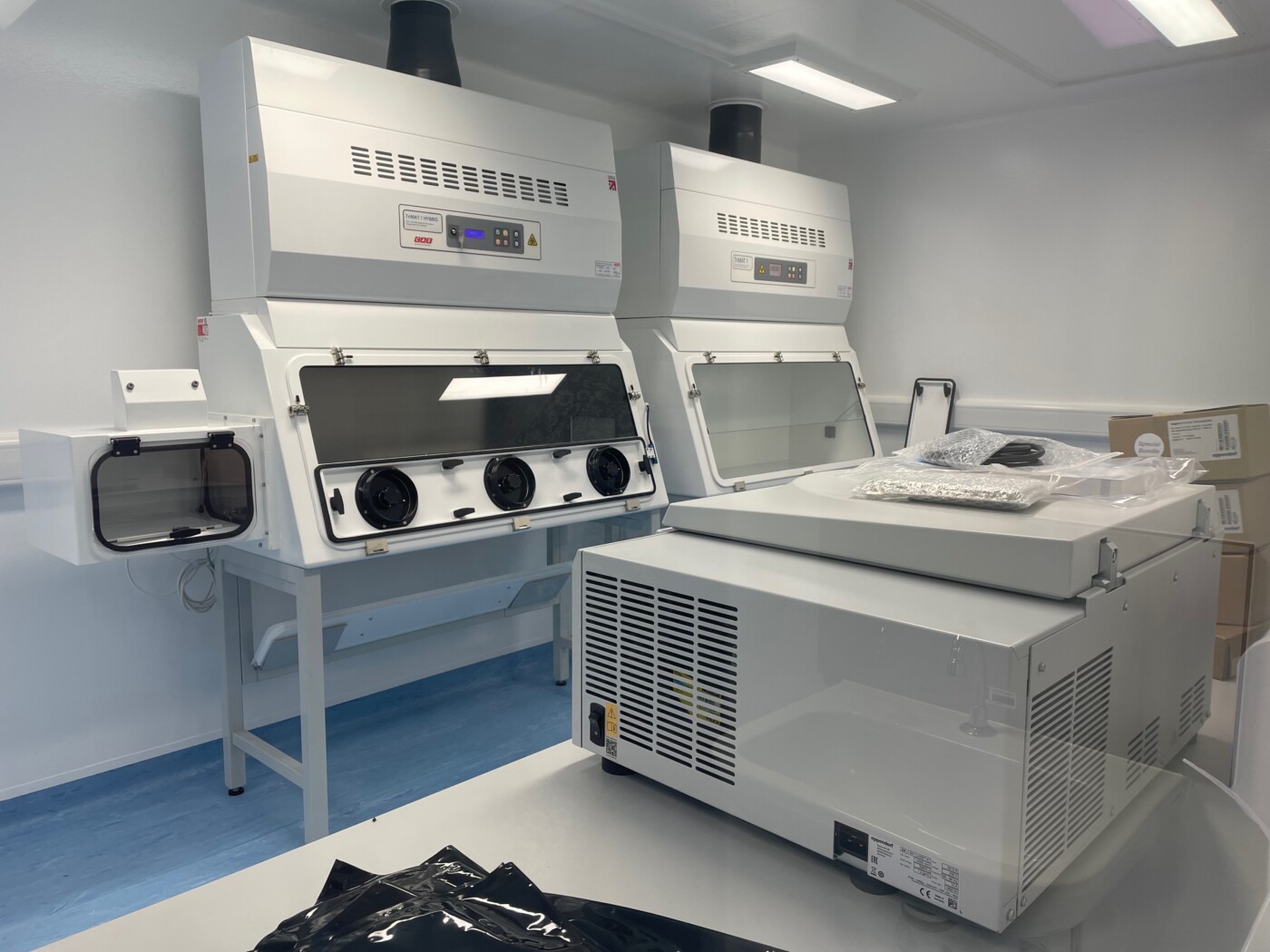University of Warwick opens new £1.7 million infectious disease lab building
The University of Warwick has opened a new £1.7 million building dedicated to investigating infectious diseases and pandemic preparedness.
Scientists at Warwick will use the building to research diseases such as tuberculosis (Tb), Covid-19, and influenza.
According to a press release issued by Warwick, it is a “Containment Level 3 laboratory” as it will focus on researching “high risk biological agents” classed as Hazard Group 3.
Staff from both Warwick Medical School and the School of Life Sciences will have access.
Provost of the University of Warwick, Chris Ennew, has said: “This state-of-the-art facility will contribute to the UK’s research efforts in this important area and will allow for the training of new generations of researchers, able to respond to pandemics with novel diagnostics, therapies and robust social guidance.
“The University has bold ambitions across the STEM subjects and today sees another step forward with this investment for our world-leading research in medical and life sciences.”
Richard Napier, Deputy Head of the School of Life Sciences, added: “Despite Warwick’s history of elegant biomedical research, recent circumstances have shown that we still have much to learn about how these pathogens work and how we can control them. These new labs provide world-class facilities for research that will promote better disease control for medicine and for agriculture.”
Dr Meera Unnikrishnan, an associate professor at Warwick Medical School stated: “I will be involved in research into tuberculosis (TB) in the new CL3 laboratory. TB is one of the leading causes of death globally, so understanding this pathogen and discovering better drugs to treat it are a priority.
“We are excited about the opening of the CL3 lab, with cutting-edge facilities that will enable us to safely study the bacterium responsible for this infection, as well other viruses and parasites that cause life-threatening infections.”

Comments